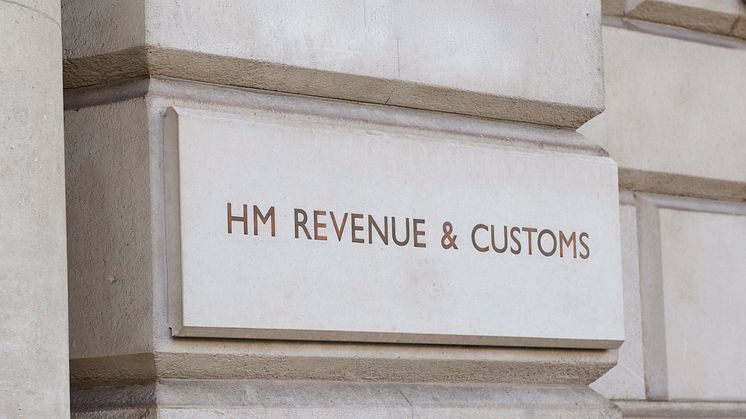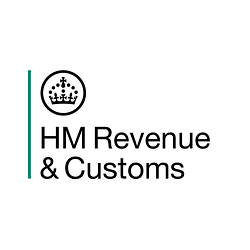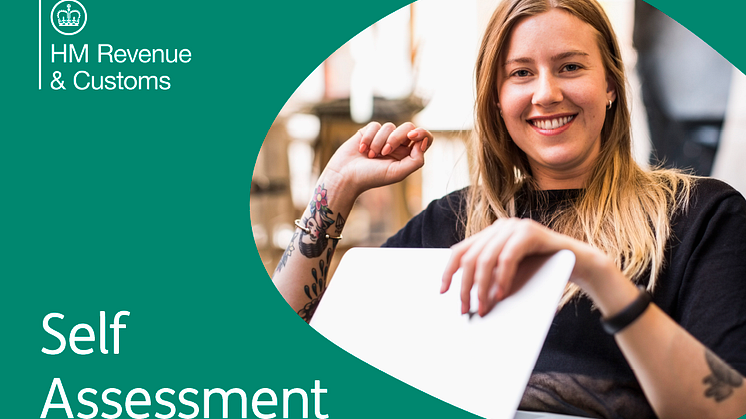
Press release -
More than 10.2 million filed their Self Assessment by 31 January
More than 10.2 million customers filed their 2020/21 tax returns by the 31 January deadline, HM Revenue and Customs (HMRC) has revealed.
More than 630,000 customers filed on deadline day and the peak hour for filing was 16:00 to 16:59 when 52,475 completed their Self Assessment. There were 20,947 customers who completed their tax return between 23:00 and 23:59.
More than 12.2 million customers were expected to file a Self Assessment tax return this year. The remaining 2.3 million customers expected to file by 31 January now have until 28 February to submit their late 2020/21 tax return and avoid a late filing penalty.
For any Self Assessment customer who is yet to pay their tax bill or set up a payment plan, interest will be applied to outstanding balances from 1 February. Customers have until 1 April to pay their tax in full, or set up a time to pay arrangement, to avoid a late payment penalty.
Those who are not yet able to file their tax return should pay an estimated amount as soon as possible, which will minimise any interest. Self-employed people can use the calculator on GOV.UK to help estimate their tax bill.
Myrtle Lloyd, HMRC’s Director General for Customer Services, said:
“I’d like to thank the millions of customers and agents who sent us their tax return and paid in time for this week’s deadline.
“We’re waiving penalties this year, to give those who missed the deadline an extra month. And customers can set up a monthly payment plan online if they’re worried about paying their tax bill. Search ‘Self Assessment’ on GOV.UK to find out more.”
The existing Time to Pay service allows customers, who are unable to pay their bill in full, to spread their tax payments into manageable monthly instalments. Self Assessment customers with up to £30,000 of tax debt can do this online once they have filed their return.
If customers owe more than £30,000, or need longer to pay, they should call the Self Assessment Payment Helpline on 0300 200 3822.
A full list of the payment methods customers can use to pay their Self Assessment tax bill is available on GOV.UK.
The 2020/21 tax return covers earnings and payments during the pandemic. Taxpayers will need to declare if they received any grants or payments from the COVID-19 support schemes up to 5 April 2021 on their Self Assessment, as these are taxable, including:
- Self-Employment Income Support Scheme
- Coronavirus Job Retention Scheme
- other COVID-19 grants and support payments such as self-isolation payments, local authority grants and those for the Eat Out to Help Out scheme
The £500 one-off payment for working households receiving tax credits should not be reported in Self Assessment.
It is important that customers check and make any changes to their tax return to make sure any SEISS or other COVID-19 support payments have been reported correctly in their Self Assessment.
HMRC urges everyone to be alert if they are contacted out of the blue by someone asking for money or personal information. Taxpayers should always type in the full online address www.gov.uk/hmrc to get the correct link for filing their Self Assessment return online securely and free of charge. HMRC sees high numbers of fraudsters emailing, calling or texting people claiming to be from the department. If in doubt, HMRC advises not to reply directly to anything suspicious, but to contact them straight away and to search GOV.UK for ‘HMRC scams’.
Notes to Editors
1. Find out more about Self Assessment
2. Self Assessment 2022 facts summary:
12.2 million Self Assessment returns due
10,290,965 returns received by 31 January. This includes expected returns, unsolicited returns and late registrations
9,892,965 expected returns received by 31 January (80.98% of returns expected)
398,000 unsolicited returns/late registrations (3.87%)
2,322,869 customers missed the deadline (19.02%)
9,838,336 returns were filed online (95.6% of total filed)
452,629 paper tax returns were filed (4.4% of total filed)
Unsolicited returns/late registrations are an estimate based on returns received by early January and previous filing behaviour.
3. Self Assessment timeline:
- 31 January – Self Assessment deadline (filing and payment)
- 1 February – interest accrues on any outstanding tax bills
- 28 February – last date to file any late online tax returns to avoid a late filing penalty
- 1 April – last date to pay any outstanding tax or make a Time to Pay arrangement, to avoid a late payment penalty
- 1 April – last date to set up a self-serve Time to Pay arrangement online
4. There is no change to the filing or payment deadline and other obligations are not affected. This means that:
- interest will be charged on late payment. The late payment interest rate is 2.75%
- a return received online in February will be treated as a return received late, with a valid reasonable excuse for the lateness. This means that:
(i) there will be an extended enquiry window
(ii) for returns filed after 28 February the other late filing penalties (daily penalties from 3 months, 6 and 12 month penalties) will operate as usual;
(iii) a 5% late payment penalty will be charged if tax remains outstanding, and a payment plan has not been set up, by midnight on 1 April 2022. Further late payment penalties will be charged at the usual 6 and 12 month points (August 2022 and February 2023 respectively) on tax outstanding where a payment plan has not been set up.
- we will not charge late filing penalties for SA700s and SA970s received in February. These returns can only be filed on paper
- for SA800s and SA900s we will not charge a late filing penalty if taxpayers file online by the end of February. The deadline for filing SA800s and SA900s on paper was 31 October. Taxpayers who file late on paper will be charged a late filing penalty in the normal way. They can appeal against this penalty if they have a reasonable excuse for filing their paper return late
5. Customers who are required to make Payments on Account, and know their bill is going to be lower than the previous tax year, for example due to loss of earnings because of COVID-19, can reduce their Payments on Account. Visit GOV.UK to find out more about Payments on Account and how to reduce them.
6. Where tax credits customers are unable to report their final/actual income for the tax year 2020/21 by 31 January 2022, they should report the figure as soon as possible after 31 January. In most cases HMRC will update the income used to calculate finalised entitlement to tax credits if the delay is due to the impact of COVID-19.
7. Self-employed customers who need to claim certain contributory benefits soon after 31 January 2022 need to ensure their annual Class 2 National Insurance Contributions (NICs) are paid on time. This is to make sure their claims are unaffected. Class 2 NICs are included in the 2020/21 Balancing Payment that is due to be paid by 31 January. Benefit entitlements may be affected if they:
- couldn’t pay their Balancing Payment by 31 January, and
- have entered into a Time to Pay arrangement to pay off the Balancing Payment and other self assessment tax liabilities through instalments.
- affected taxpayers should contact HMRC on 0300 200 3822 for help as soon as possible.
8. Self-employed customers who have profits below £6,475 in the 2020/21 tax year and want to pay voluntary Class 2 NICs for Contributory Benefit after 31 January 2022 or paid voluntary Class 2 NICs via Self Assessment before 31 January but will not file their return until after 31 January will need to contact HMRC on 0300 200 3500 for assistance.
9. Follow HMRC’s Press Office on Twitter @HMRCpressoffice
Related links
Topics
Categories
Issued by HM Revenue & Customs Press Office
HM Revenue & Customs (HMRC) is the UK’s tax authority.
HMRC is responsible for making sure that the money is available to fund the UK’s public services and for helping families and individuals with targeted financial support.



